dsm-firmenich Animal Nutrition & Health collected and analyzed samples from 95 countries
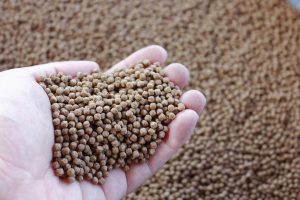
Swiss-Dutch animal nutrition firm dsm-firmenich’s annual World Mycotoxin Survey reveals that mycotoxin contamination in animal feeds is most commonly detected in North and Central America, South Asia, China and Taiwan.
Mycotoxins, naturally produced by fungi that can contaminate feed raw materials in the field and storage, are detrimental to the health of animals. Each year since 2004, dsm-firmenich Animal Nutrition & Health analyzes thousands of feed samples from around the world to understand and monitor contamination levels of the different mycotoxins in a variety of feed ingredients.
In 2023, the firm collected and analyzed 23,808 samples from 95 countries and found that the Fusarium mycotoxins fumonisins, deoxynivalenol and zearalenone are the most frequently found.
‘With aquaculture becoming one of the fastest-growing protein sectors, the quest for sustainable alternatives to fishmeal intensifies. This shift to novel ingredients, particularly plant proteins, raises concerns about mycotoxin contamination,” said Benedict Standen, global head of aquaculture marketing at dsm-firmenich.
“Mycotoxins negatively impact the immune system, weakening the animal and increasing your health costs,” Standen added. “In a year marked by record-high sea surface temperatures, aquatic animals cannot regulate their own body temperature, this is highly likely to cause additional stress to our animals necessitating proactive mycotoxin risk management.”
Now that you've reached the end of the article ...
… please consider supporting GSA’s mission to advance responsible seafood practices through education, advocacy and third-party assurances. The Advocate aims to document the evolution of responsible seafood practices and share the expansive knowledge of our vast network of contributors.
By becoming a Global Seafood Alliance member, you’re ensuring that all of the pre-competitive work we do through member benefits, resources and events can continue. Individual membership costs just $50 a year.
Not a GSA member? Join us.
Author
-
Responsible Seafood Advocate
[103,114,111,46,100,111,111,102,97,101,115,108,97,98,111,108,103,64,114,111,116,105,100,101]
Tagged With
Related Posts
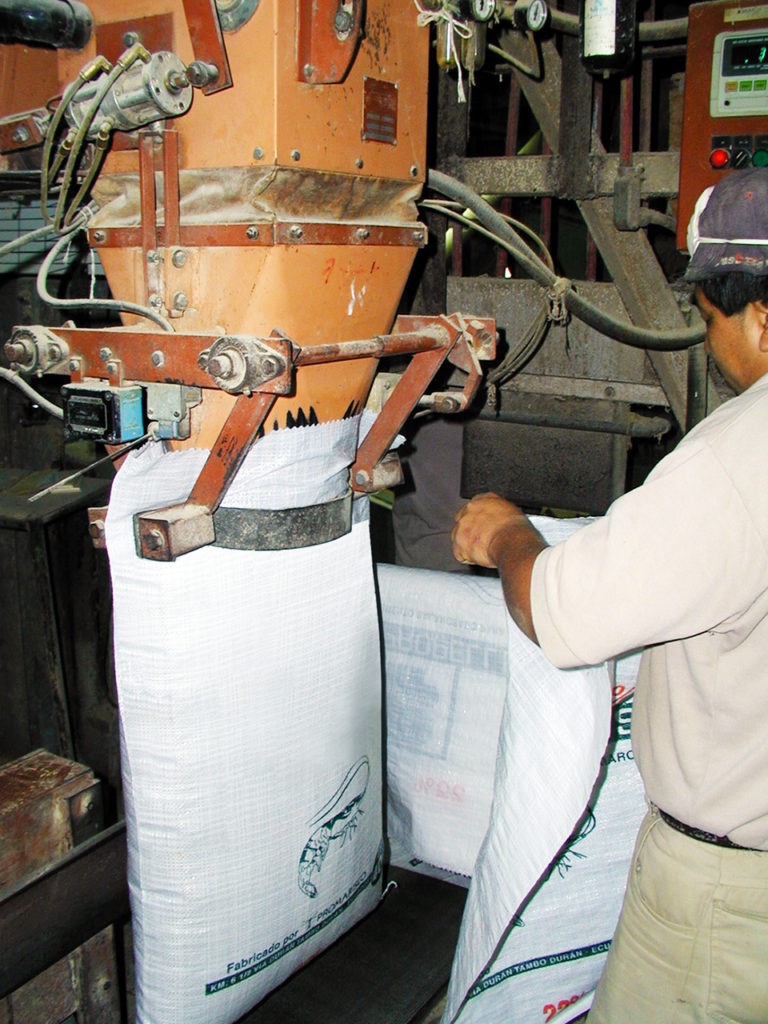
Aquafeeds
Mycotoxins in feed affect fish health, performance
Nutritious and cost-effective aquafeeds can be formulated using high levels of plant feedstuffs. However, this may increase the risk of exposure to mycotoxins.
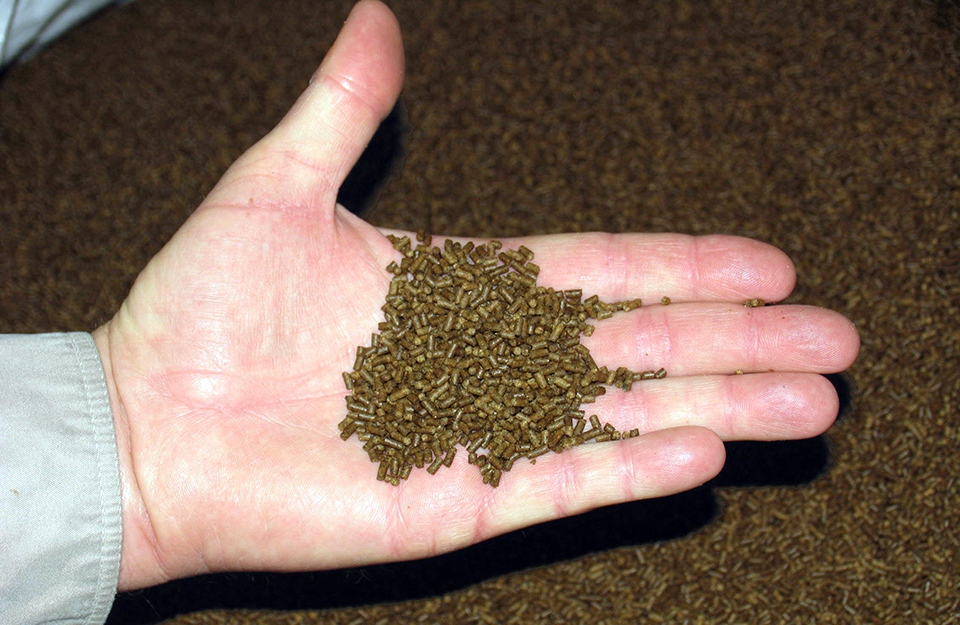
Aquafeeds
Mycotoxin prevention in aquaculture feeds
Mycotoxins are naturally occurring, toxic chemical compounds produced by molds. When they infect aquaculture feeds and feed ingredients, mycotoxins can affect growth, reproduction and immunity in fish.
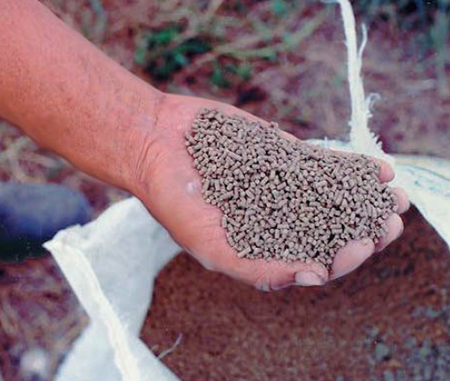
Aquafeeds
Antinutritional factors limit use of plant feedstuffs
Antinutritional factors within plant feedstuffs is a major factor that limits plant use at high dietary inclusion levels in aquafeeds.
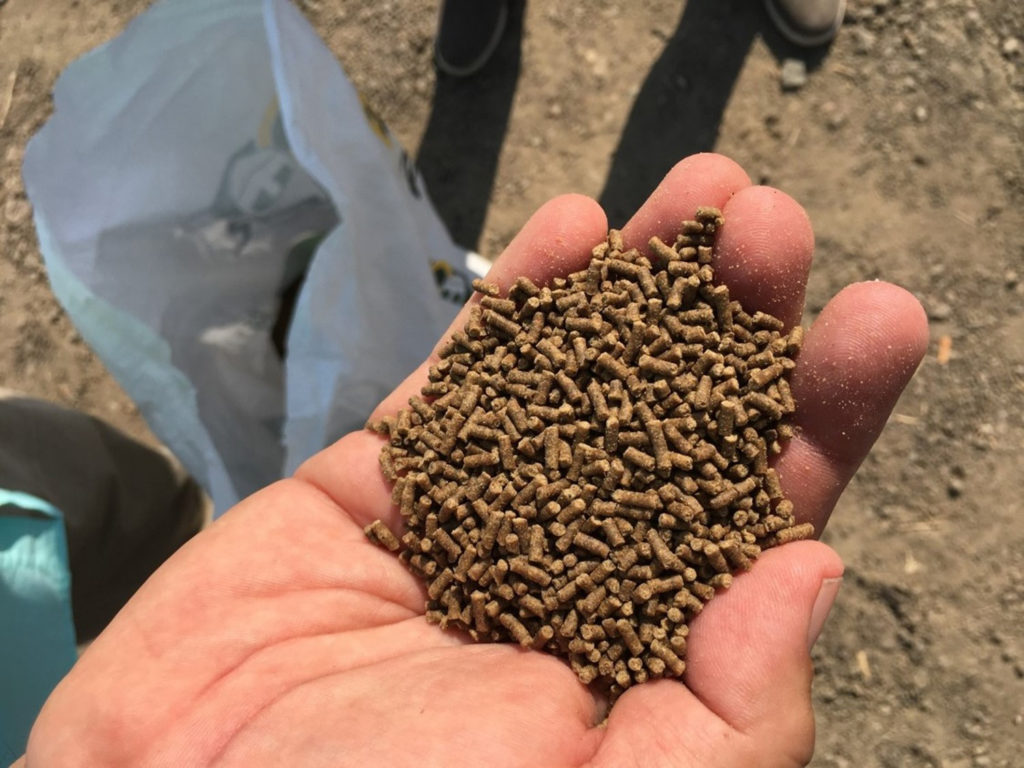
Aquafeeds
Least-cost formulation software in shrimp aquafeed production
The use of properly and efficiently formulated feeds using least-cost formulation software is an important determinant of a successful crop.



